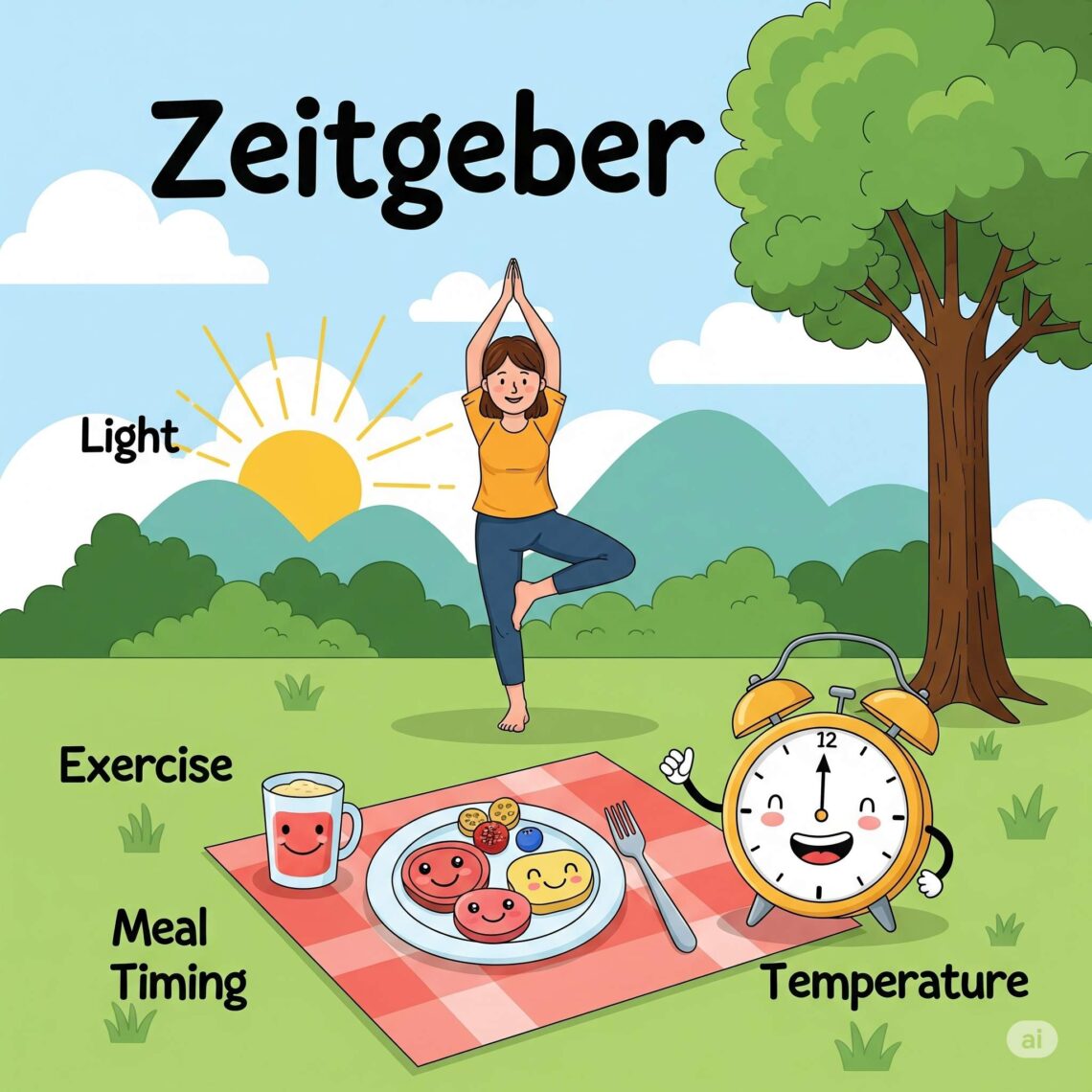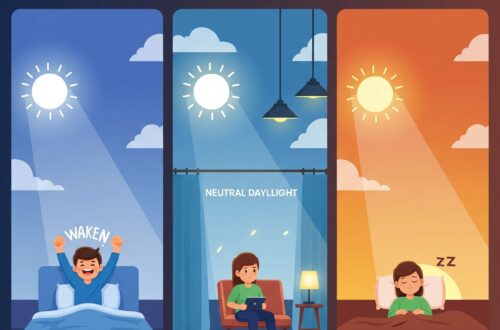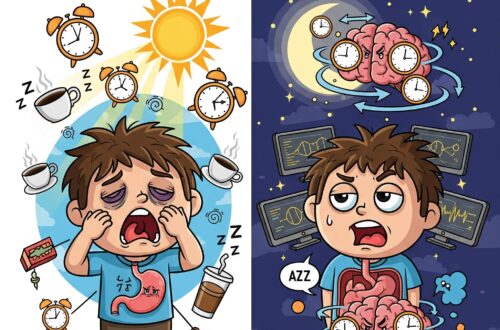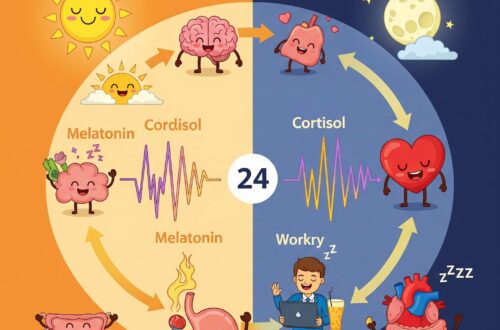If you’ve ever struggled with poor sleep, low energy, or jet lag, you’ve likely experienced the effects of a misaligned body clock. A powerful concept in circadian biology called the zeitgeber—a German word meaning “time giver”—is central to fixing this. But what is a zeitgeber, and how can it help you reset your circadian rhythm for better health and productivity? In this article, we’ll break down the meaning of zeitgeber, how it influences your internal clock, and how to harness it to optimize your daily rhythm.
What is a Zeitgeber?
A zeitgeber is any external or environmental cue that helps synchronize your body’s internal clock (also known as your circadian rhythm) to the 24-hour day. The most potent and well-studied zeitgeber is light, especially natural sunlight. Other common zeitgebers include food intake, temperature, exercise, and social interaction.
Your circadian rhythm governs essential functions like sleep-wake cycles, hormone release, metabolism, and even mood. When this rhythm is aligned with natural zeitgebers, you feel energized during the day and sleepy at night. When it’s out of sync—due to shift work, late-night screen use, or erratic eating—you may experience insomnia, fatigue, weight gain, and other health issues.
The Science Behind Zeitgebers and Circadian Rhythm
The human body has a master clock located in the brain’s suprachiasmatic nucleus (SCN). This clock relies on zeitgebers to keep time with the external environment. Light, especially in the blue spectrum, signals the SCN to suppress melatonin (the sleep hormone) and keep you alert. At night, the absence of light tells the SCN to produce melatonin, making you feel sleepy.
But light isn’t the only cue. Eating meals at consistent times helps your digestive organs stay on schedule. Regular exercise acts as a strong zeitgeber for both the brain and muscles, while temperature changes—such as cooler environments at night—signal the body to wind down.
Common Zeitgebers That Influence Your Health
- Light Exposure: Morning sunlight is the most effective zeitgeber. Aim for 10–20 minutes of sun exposure within an hour of waking up to anchor your rhythm.
- Meal Timing: Eating your meals at consistent times, especially breakfast and dinner, helps your digestive system stay regulated and supports weight management.
- Physical Activity: Moderate exercise in the morning or early afternoon reinforces your alertness and can help you sleep better at night.
- Temperature Changes: Cooler temperatures at night help cue sleep, while warm showers in the evening can encourage body temperature to drop afterward—another sleep trigger.
- Social Interaction: Conversations, work meetings, and other human contact act as minor zeitgebers that help structure your day, especially in people who are isolated or working from home.
How to Use Zeitgebers to Reset Your Body Clock
If your sleep schedule is off, you can use zeitgeber therapy to reset it naturally:
- Morning Light: Get sunlight as soon as possible after waking. Avoid bright light at night.
- Consistent Sleep & Wake Times: Go to bed and wake up at the same time, even on weekends.
- Scheduled Meals: Eat meals within regular windows (e.g., 8am, 12pm, 6pm).
- Avoid Screens at Night: Reduce blue light exposure at least 1–2 hours before bed.
- Stay Active: Get daily exercise, but avoid intense workouts too close to bedtime.
Zeitgebers are nature’s way of keeping your body in sync with the 24-hour day. By understanding and using these powerful cues—especially light and meal timing—you can improve your sleep, energy, metabolism, and overall well-being. Whether you’re battling jet lag or just looking to feel more energized, syncing your life with natural zeitgebers is a simple, science-backed strategy that works.
Top Circadian Essentials Tools and Devices
























